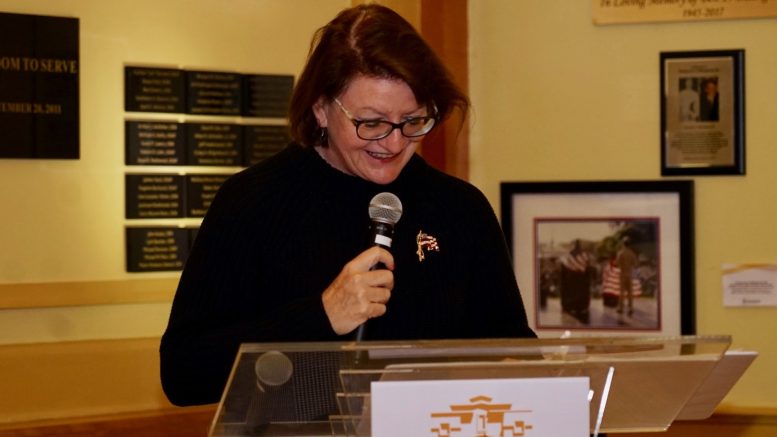By Alesha Blaauw and Christopher Woodard
When California leaders prohibited state-sponsored travel in 2016 to states with laws deemed discriminatory toward the LGBTQ+ community, the ban applied to four destinations.
By 2023, the list of banned states had grown to 26.
Pressured by advocates who said the ban was doing more harm than good, lawmakers recently rescinded the ban, replacing it with an advertising campaign targeting states with discriminatory laws.
“I think it had an impact in the beginning, but when you get to 26 states that people cannot travel to, it seems that the message of equality and diversity and support and for all people, it’s just not having that desired effect,” State Senate President Pro Tem Toni Atkins said. “I really felt like it was time for a new approach and a pivot, we want to have outreach, we want to be able to connect with communities all across the country.”
Atkins, a gay woman who originally supported the travel ban, did not believe its impact was strong enough, or provided enough consequences after its initial launch. Now, she is excited about an ad campaign that hopes to promote the sort of understanding that helped her loved ones when she came out.
“It took years for a better understanding to come,” Atkins said about coming out to her family. “I think what impacted me was: You got to be able to be visible and present and in communication for people to understand and learn who you are, and that’s what changes hearts and minds.”
As a result, Atkins thought about the BRIDGE project and her recently authored SB 447 to “encourage acceptance of the community.”
BRIDGE is an acronym for Building and Reinforcing Inclusive Diverse Gender-supportive Equality. Rather than continuing the travel ban, the BRIDGE project seeks to spread inclusive, non-partisan messages in states previously included in the ban and on a national scale.
The Governor’s Office of Business and Economic Development, or GO-Biz, is established as the lead entity of the BRIDGE Project.
The Ad Council of GO-Biz has begun working on the campaign and is expected to launch during the summer of 2024, Assistant Deputy Director of Communications of GO-Biz Willie Rudman said.
The travel ban affected California residents who rely on state-sponsored travel for work-related opportunities, including different aspects of academia.
“The ban really affected us in recruiting, especially when Nevada and Arizona were added to the list because those are the states that host a lot of recruiting showcases and that’s where it became a bigger problem,” noted Brian Berger, Associate Athletic Director at Sacramento State.
Sac State Athletics had to adopt new business procedures to move privately-raised money around for teams to travel to banned states, but will now transition back to standard procedures, Berger acknowledged.
Emilie Mitchell, dean of social and behavioral sciences at Cosumnes River College, said the effects of the travel ban and other social justice work would often contend with other social justice efforts, adding that academic leaders could not attend conferences that focus on race and ethnicity during the duration of the travel ban.
“That’s always an issue in any of the social justice work is that often marginalized communities are pitted against each other instead of working in solidarity,” Mitchell, who is also the chair of the California Community Colleges’ LGBTQ+ Summit, explained. “It can be really alienating and, of course, doesn’t really honor or acknowledge the folks who work at the intersections of all these kinds of marginalized and oppressed identities.”


Be the first to comment on "A new signal from Sacramento: Leaders end travel ban to other states in favor of LBGTQ inclusivity campaign"